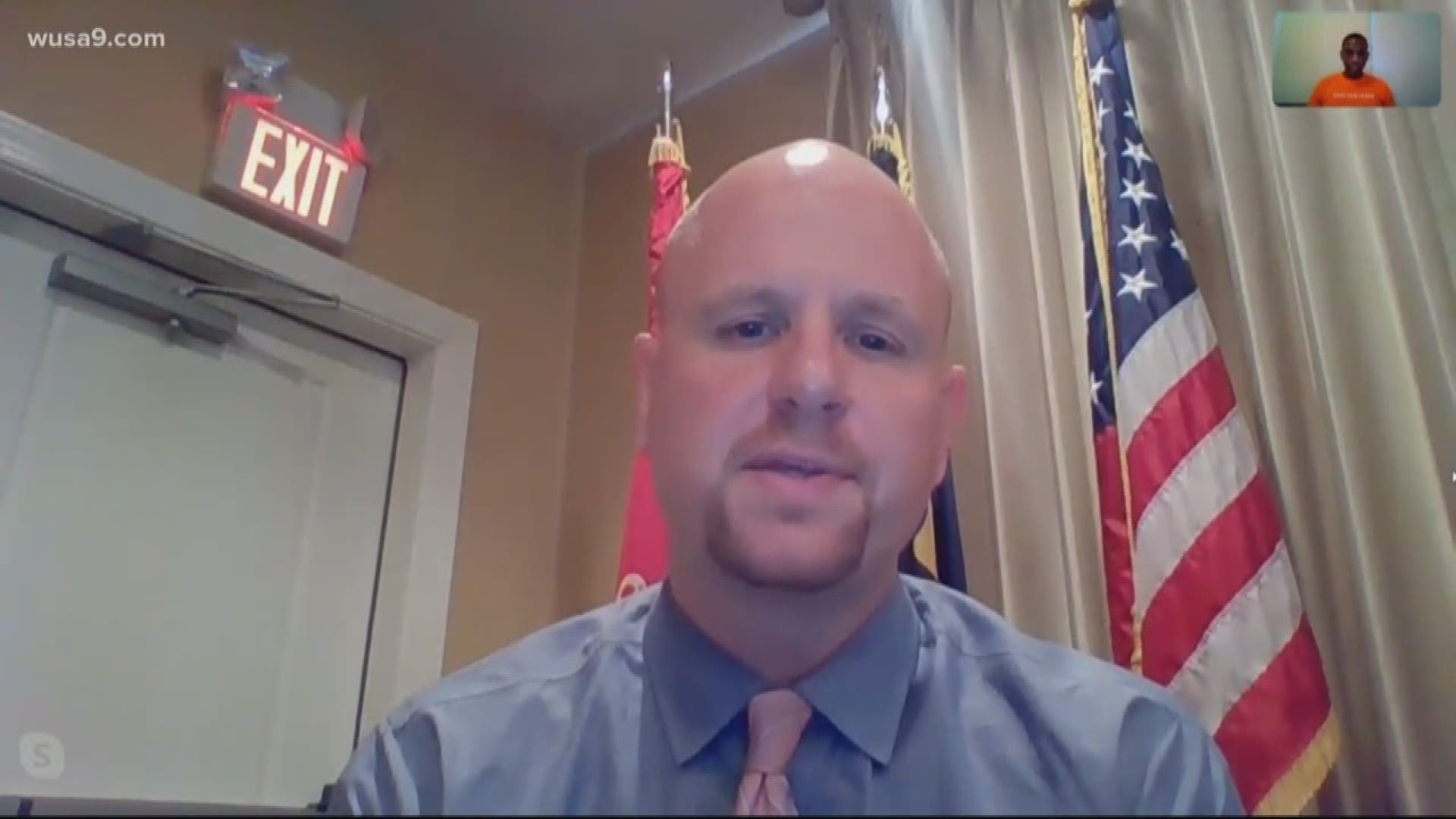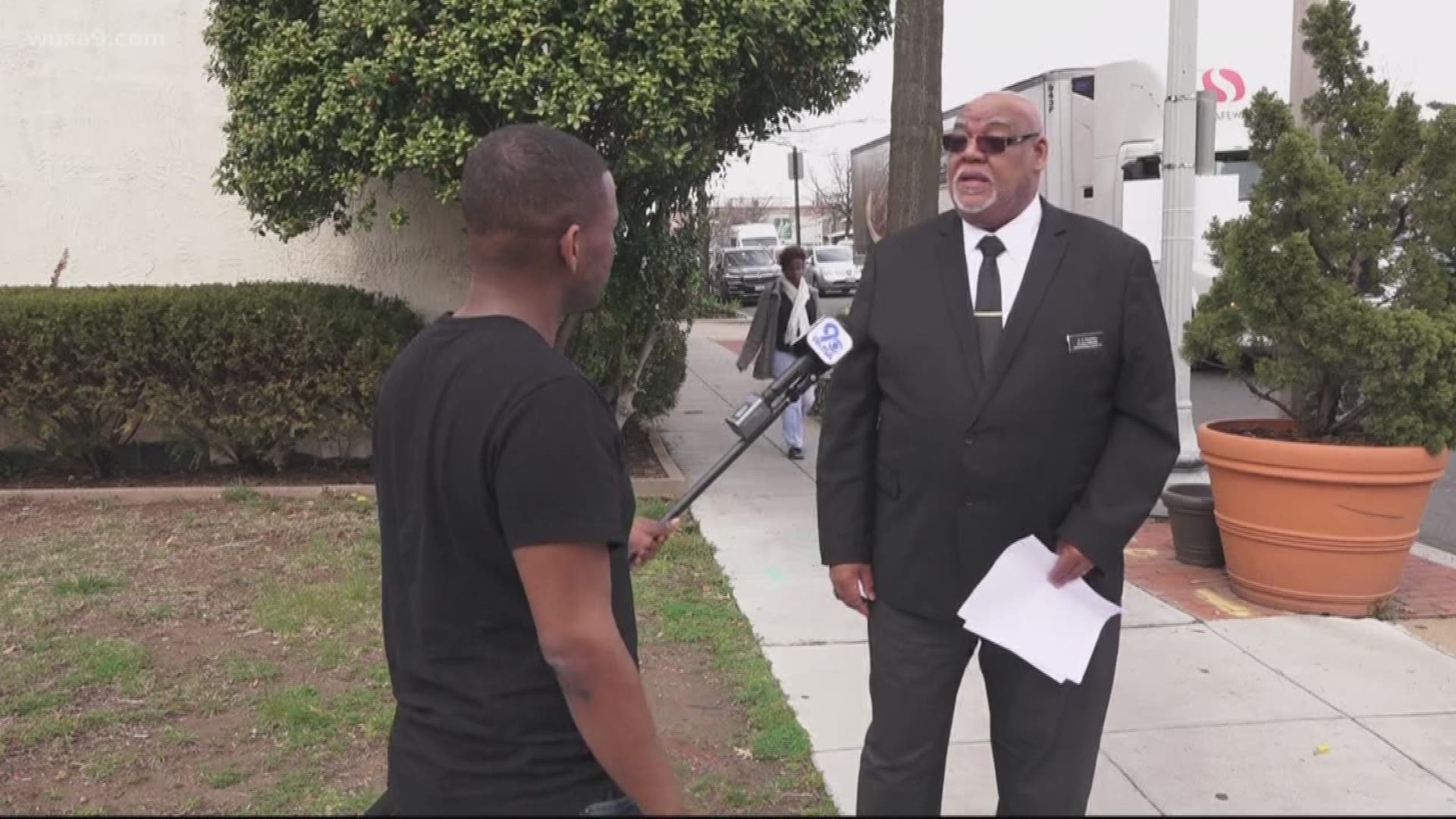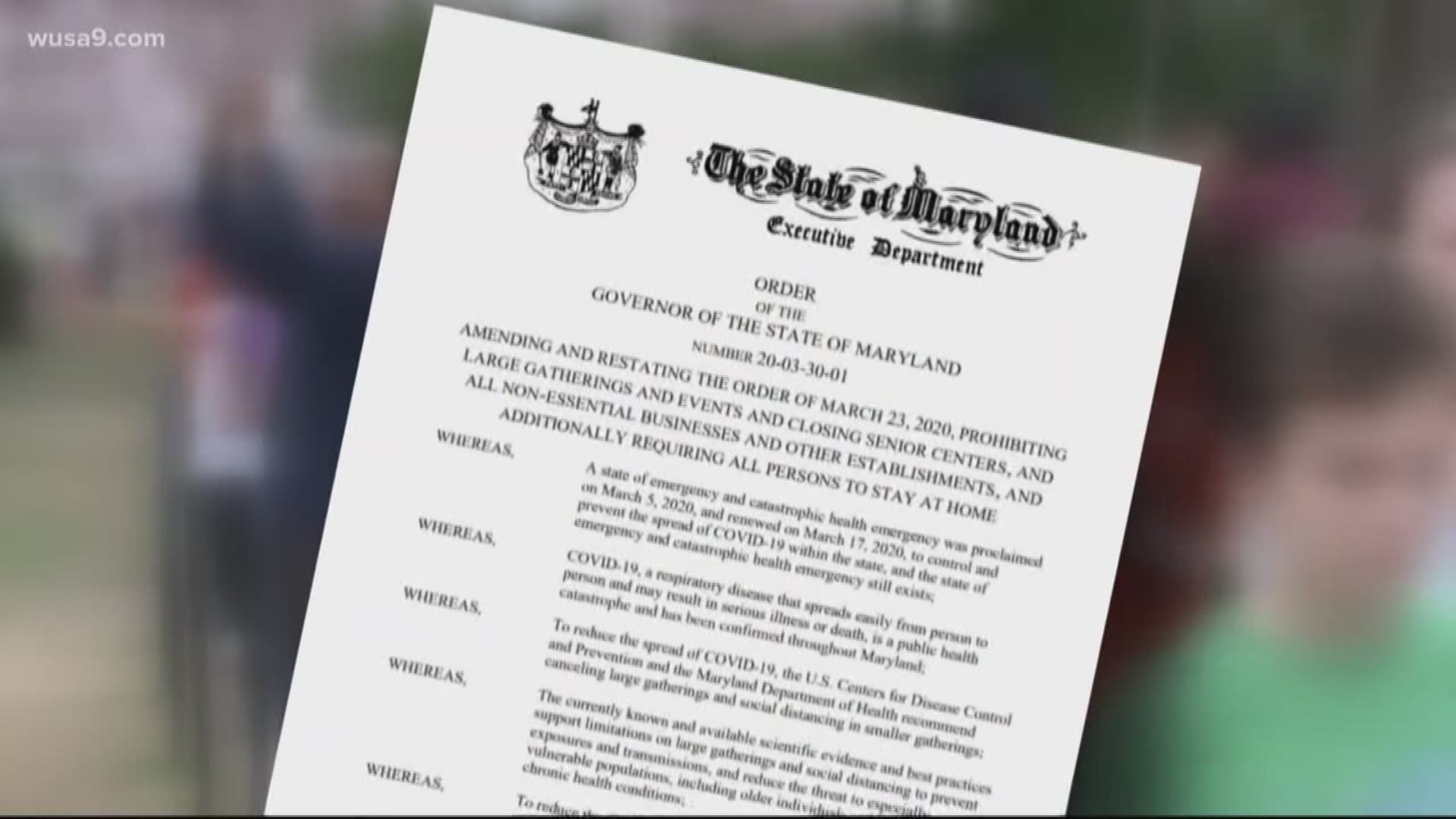WASHINGTON — The death of a loved one and religious traditions that usually follow may be impacted with DMV’s stay-at-home orders and stricter national guidelines on mass gatherings amid the coronavirus pandemic.
The regulations are forcing some families to break away from religious traditions.
“You're right. The different religions, really -- it'll be tough,” Michael Post told WUSA9 in March.
Post is the owner of Baker-Post Funeral Home in Manassas.
He said the coronavirus pandemic is affecting the way families say their final goodbyes to loved ones.
Jurisdictions in the DMV went from having loose guidelines on mass gatherings to now forcing people to stay at home.
While it was not immediately clear how the stay-at-home orders might affect families attending funerals, restrictions already in place impacted religious traditions and rituals.
“(For example) maybe the Sikh religion, or the Hindu religion, or the Buddhist religion where, for instance, cremation, or the cremation process is actually part of their funeral service,” Post explained.
Post said loved ones in those religions may be involved in washing and dressing the bodies before cremation.
“Yes, for, you know, those folks, it has a tremendous effect,” he said.
People who belong to the Catholic faith usually have what is called a mass of Christian burial. The religious tradition includes a visitation vigil, celebration of life, prayers and burial that typically happens immediately after the service.
“A mass Christian burial obviously is held in churches,” Post said. “Well, if the churches are not holding masses, that is tough for families because that is their religious right and belief to have that mass.”
In the Jewish religion, Post explained traditions can range depending on the sect, or group, to which a family belongs.
“You have the reformed sect. You have a conservative sect. You have an orthodox sect, and then, what I would call maybe an ultra-orthodox sect,” Post described. “They may have the Chevra Kadisha that comes in and wash and shroud. Then, they sit Shiva where somebody would come to the funeral home and sit all night.”
RELATED: You may not be allowed to attend your loved ones' funeral during coronavirus pandemic. Here's why.
Post told WUSA9 the challenge is that some funeral homes may not want that practice to happen.
States across the country have handled funerals and religious traditions differently during stay at home orders.
In Washington state, funerals are still allowed during its stay-at-home order, but in Chicago, officers broke up a service this past weekend.



